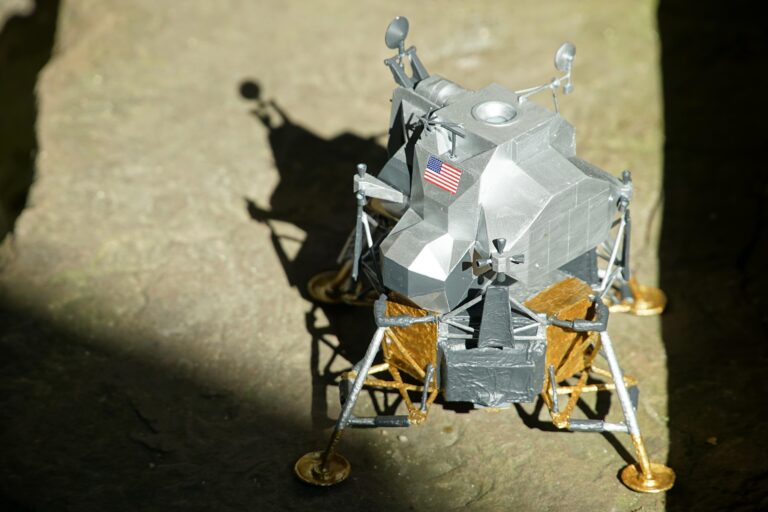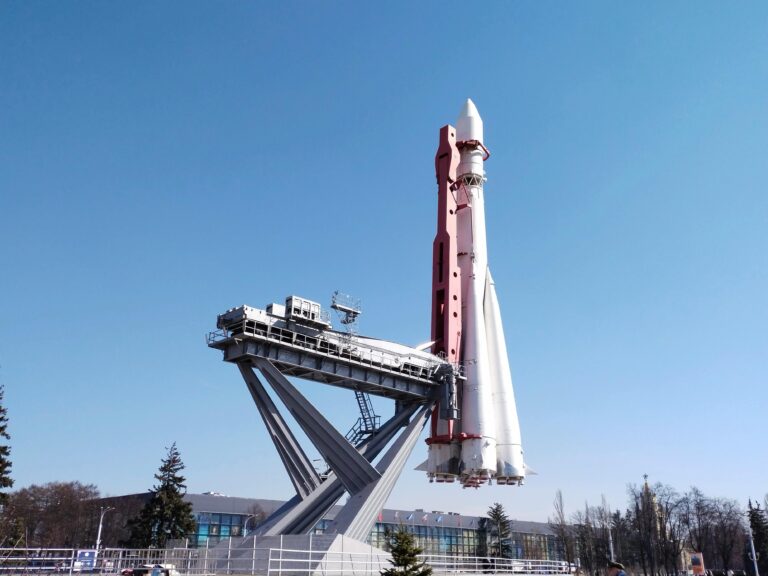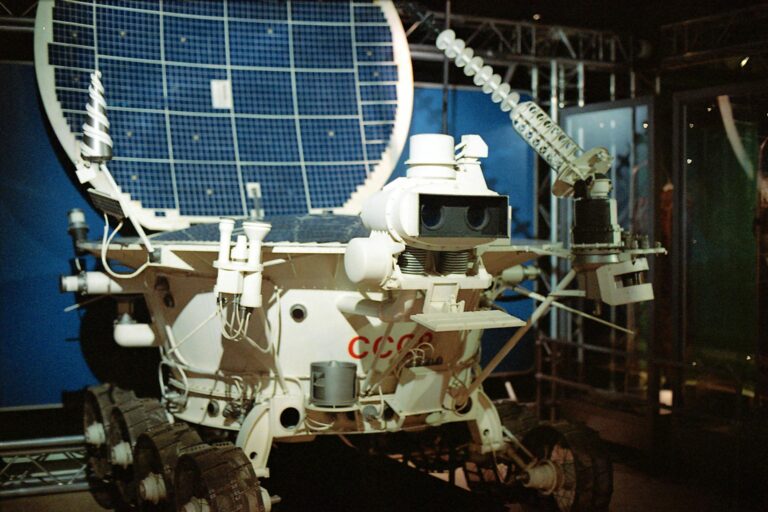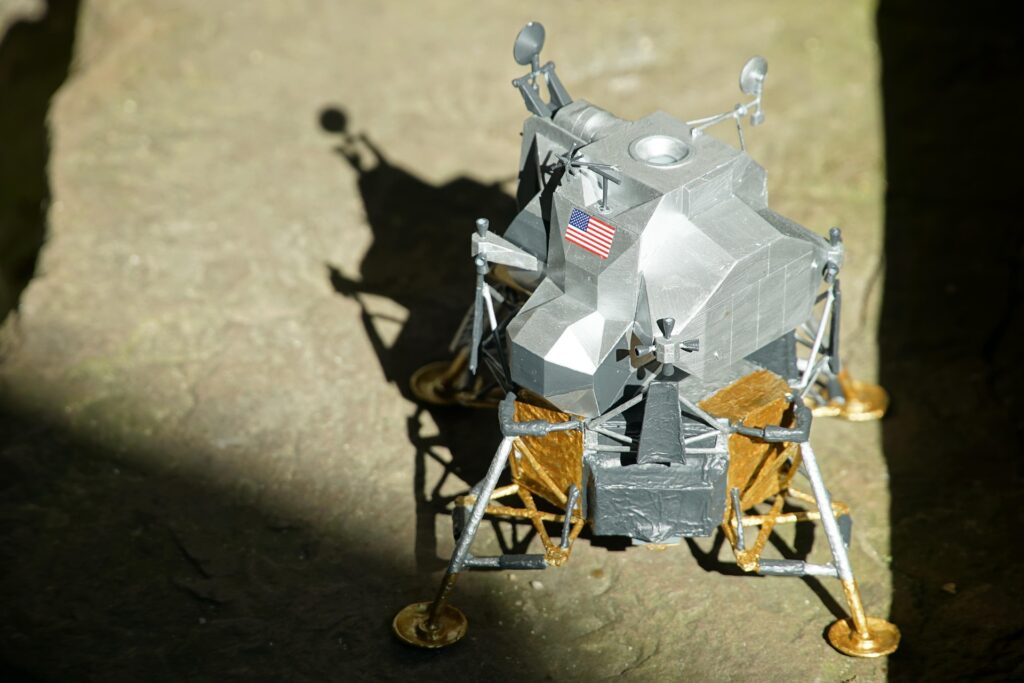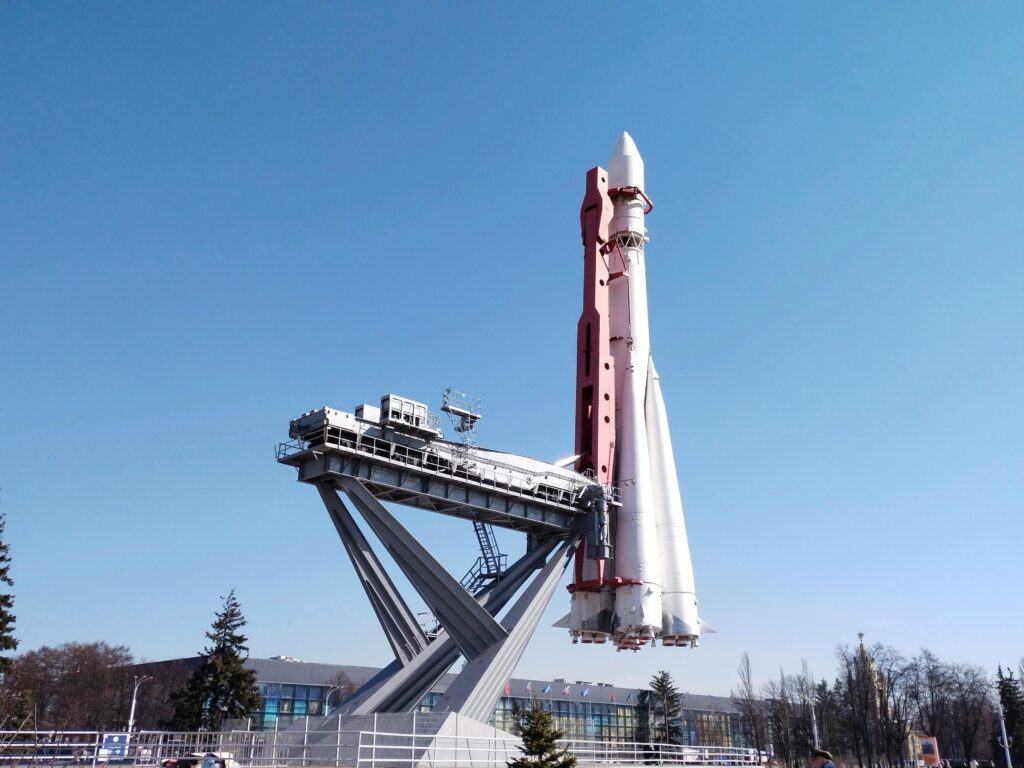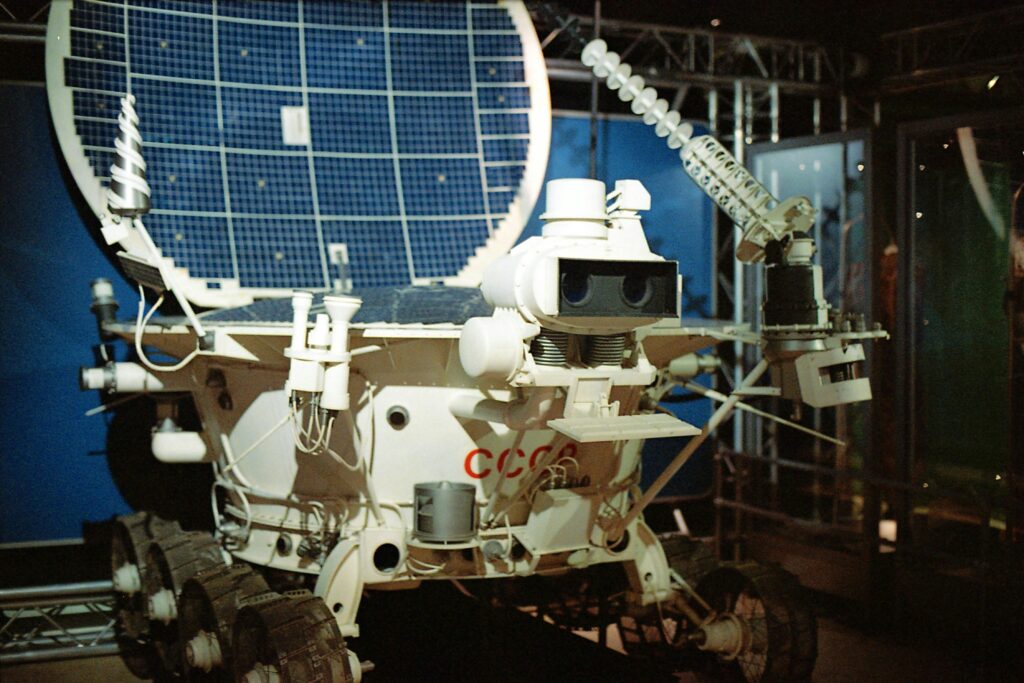A joint team from Shanghai Jiao Tong University’s CHIPX Institute and quantum startup Turing Quantum has developed an award-winning photonic quantum chip that accelerates complex computing tasks by over 1,000 times.
The breakthrough technology, already deployed in aerospace, biomedicine and finance, represents China’s formal entry into the high-stakes race to overcome classical computing limits through light-based processing.
The optical quantum chip received the prestigious “Leading Technology Award” at the 2025 World Internet Conference Wuzhen Summit, standing out among 400 candidates from 34 countries. What makes this achievement particularly significant is that the technology has already moved beyond the laboratory into practical applications, providing what developers describe as “computing power support exceeding the limit of classical computers” for AI data centers and supercomputers.
“This isn’t just theoretical research—we’re already seeing real-world impact across multiple industries,” says Professor Jin Xianmin, a physics professor at Shanghai Jiao Tong University and founder of Turing Quantum.
“Achieving co-packaging technology for photons and electronics, chip-level integration and wafer-scale mass production of photonic quantum chips – I believe this is a world first.” The professor revealed that his team anticipates developing even more powerful chips capable of handling larger numbers of photons in the near future.
The manufacturing breakthrough came through CHIPX’s pilot production line in Wuxi, which achieved a complete closed-loop process spanning chip design, wafer-level fabrication, packaging, testing, and system integration.
According to a Shanghai Jiao Tong University social media post from November 7, this comprehensive approach has enabled “optical quantum computers to become industrial-grade products for the first time,” marking a crucial step toward commercial viability.
The technical specifications are equally impressive. These remarkably dense chips pack more than 1,000 optical components onto a compact 6-inch silicon wafer using monolithic integration—a world-class miniaturization achievement. Perhaps most importantly, the design is scalable enough to potentially support up to 1 million qubits for future quantum computing applications.
The development process itself has been dramatically accelerated, with quantum photonic designs that previously required six months now being completed in just two weeks, representing a tenfold increase in efficiency.
Photonic chips, which use light particles rather than electricity to process information, offer fundamental advantages for the massive computational demands of artificial intelligence.
By leveraging different properties of light—including color, timing, and distribution—these chips achieve higher speeds with significantly lower power consumption. As reported by the university, this makes them ideal for training massive AI models, powering cloud networks, and enabling quantum communication.
WATCH ALSO: https://www.modernmechanics24.com/post/south-korea-showcases-multi-purpose-military-ugv
The manufacturing achievement is particularly notable given the delicate nature of the materials involved. In June, CHIPX launched China’s first pilot production line for 6-inch thin-film lithium niobate photonic chip wafers, with capacity to produce 12,000 wafers annually—each yielding approximately 350 individual chips.
At the time, quantum technology expert Berenice Baker, editor of Enter Quantum, noted that this move marked “the country’s formal entry into a field previously dominated by European and American manufacturers.”
China now finds itself in direct competition with Western counterparts in the photonic chip arena. While Dutch company SMART Photonics processes 4-inch indium phosphide wafers and California-based PsiQuantum works with 300mm wafer-scale manufacturing, the Chinese team has ambitious plans to stabilize their production process, increase yields, and eventually scale up to 8-inch wafer fabrication.
This technological arms race underscores the strategic importance of photonic computing for next-generation artificial intelligence and quantum applications that will define the future of global computing infrastructure.
READ ALSO: https://www.modernmechanics24.com/post/isro-completes-key-parachute-test-for-gaganyaan-mission
